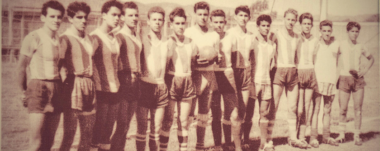Feminism in Costa Rica: A Historical Perspective
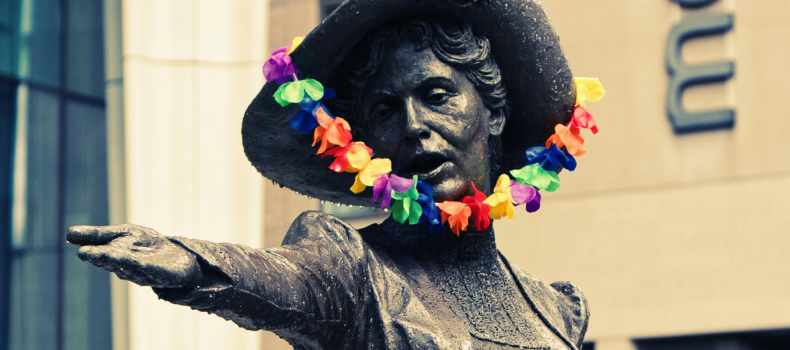
How was feminism born in Costa Rica? Elisabet Jiménez, historian at the University of Costa Rica reviews the history of feminism in Costa Rica.
The formation and consolidation of feminism in Costa Rica underwent a process similar to that of other countries in the world, with the first proposals being the product of intellectual women, mostly from countries such as England and France. They were the first promoters to elaborate theories with a gender focus, based on questioning the biological, social and religious superiority attributed to men in an accepted manner.
Costa Rica, being located in a peripheral zone of the great European intellectual centers, had contact with these currents later. However, it was a trend that was firmly defined in the following decades. In addition, during the early twentieth century, Costa Rican intellectual women such as Angela Acuña and Carmen Lyra, two of its greatest exponents, were discarded.
Beginnings of the Feminist Movement in Costa Rica
The starting point can be dated back to 1893 during the government of José Joaquín Zeledón. In this year a bill was presented to grant women the right to vote.
This project was rejected by a large number of deputies, since the idea of suffragettes was not well regarded by an important sector of the Costa Rican population. Despite the unfavorable situation, it served as a basis for the movement’s advance and its influence within national politics.
According to Alvarenga (2006), both in Costa Rica and in the rest of the Latin American region, the criticism of the patriarchal system came through anarchism and suffragist feminism. This current asserts that women, being a model for the upbringing of children at home, should set an example for them in matters related to voting, such as the civic duty to get involved in national political participation.
In 1923 the Costa Rican Feminist League was founded, whose organization served to formalize the organized feminist presence within the country.
The organization was founded by intellectuals such as: María Ester Acuña, Isabel Calderón, Lela Campos, Rosario Floripe, Lidia Fernández, América de Hern, Ana María Loaiza, among others. Ángela Acuña was appointed as the first president of the league, while Esther de Mézerville was appointed as vice-president.
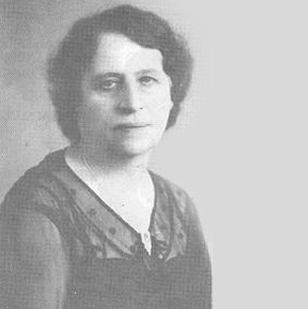
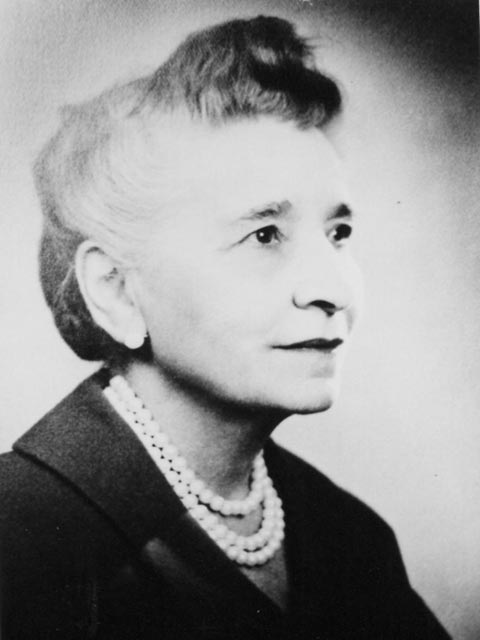
According to Solano (2014), Acuña had the opportunity to witness the suffragette demonstrations that occurred in England, having witnessed such events as the kidnapping of the prime minister, Mr. Asquith, by leaders such as Lady Pankhurst.
In the following years, the feminist movement in Costa Rica focused on obtaining the right to vote. By the mid-twentieth century, several European countries already had this right, however, in the case of Costa Rica, it was not approved until 1949, after the Civil War.
The Feminist Movement After the Vote: Main Achievements and Contributions
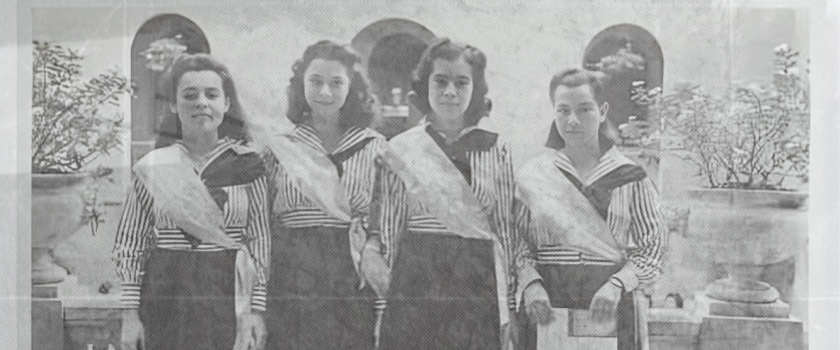
The first woman voter in the history of Costa Rica was Bernarda Vázquez Méndez on July 30, 1950, in the municipal elections in the canton of San Carlos.
The struggle for women’s rights continued with international trends. Beyond the vote, during the following decades, the Feminist League and organizations have fought for new guarantees of gender parity. Laws and decrees on reforms to the Family Code, as well as an increase in women’s political participation, ensured that, from the 1970s onwards, the protection of women in family and social relations had greater support. Likewise, the reforms to the conditions of divorce support women to be in more equal conditions. In addition, the INAMU (National Women’s Institute) was created.
In 1990, the Law for the Promotion of Real Equality for Women was created, which was the basis for the creation of more specific laws in the search for equality. The reforms to the Electoral Code made between 1996 and 2001, “expanded the possibility of having a greater number of women in political positions, and by 2007 it became a mandatory condition” (Universidad Nacional, 2021, p.1).
The Vision of Current Feminism in Costa Rica
Within the socio-cultural diversity of this country, perspectives that benefit not only a certain group of women, but also seek to ensure that all women benefit equally, have been proposed.
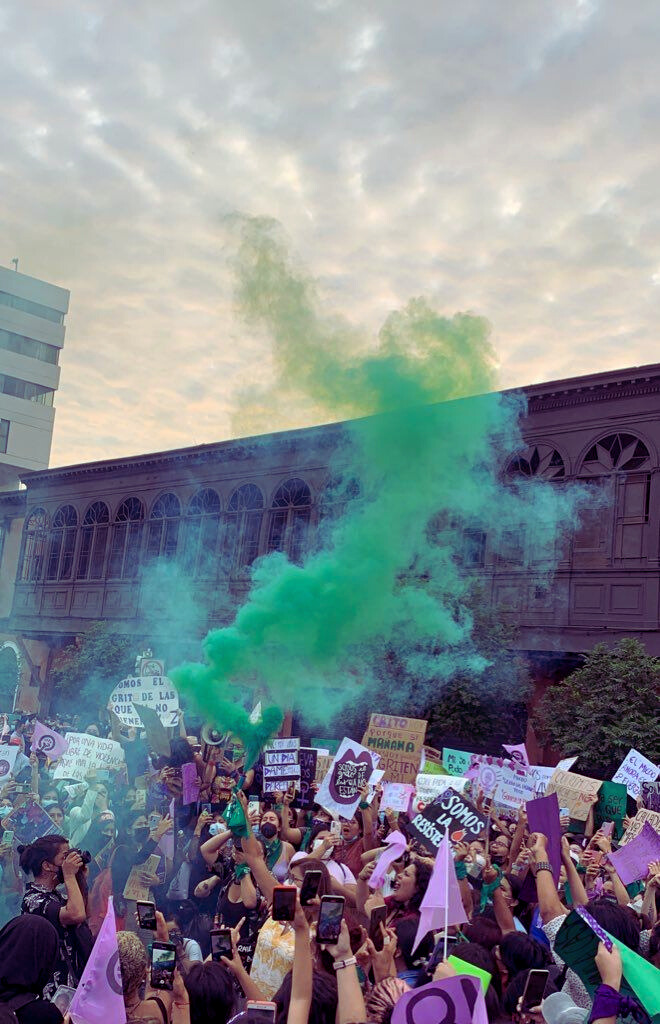
Feminist collectives are an example of the search for representation within this group.
Feminism in favor of trans women, Afro-descendant and indigenous women, immigrant women, working class women, and sex workers has been one of the struggles that has been most promoted in recent years.
During the last decade, the government policies of political parties such as the Partido Acción Ciudadana and the Frente Amplio, together with influential female deputies, have promoted bills aimed at improving the quality of life of women.
In 2019 the use of the “morning after pill” was approved. However, there are struggles that are still pending in the country, such is the case of the bill 22,421 called “Menstruation and Justice”, with the aim of reducing the cost of the price for menstrual hygiene products. The menstrual issue shows a slow progress compared to other countries, although it is growing steadily.
The issue of a free, safe and legal abortion, which still presents a lot of opposition, especially from conservative groups, whether from political parties such as Nueva República or the Catholic Church. The representation of women and decisive collectives has generated that, in Costa Rica, in spite of continuing with pending struggles, the presence of feminism has allowed the country to advance in order to guarantee spaces where their voices are heard, for the betterment of this population.
As a final point, the following is a list of some of the most representative collectives currently in Costa Rica:
- Volcánicas: Collective oriented to Nicaraguan refugee women.
- Akoben: Afrofeminist Collective
- Colectiva Feminista La Hoguera: Focused on women mainly in the province of Guanacaste.
- El Garaje de Tiquicia: Collective on activism and intersectional feminism.
- Colectiva por el derecho a decidir: Advocates mostly for women’s sexual and reproductive rights.
Text shared by Elisabet M. Jiménez, Historian at the University of Costa Rica (UCR). Contact: [email protected] / instagram: elis_abetm.
Previous article Ethical Challenges of Artificial Intelligence and Deepfakes: A Threat to Privacy and Individual Rights
Navigate articles




